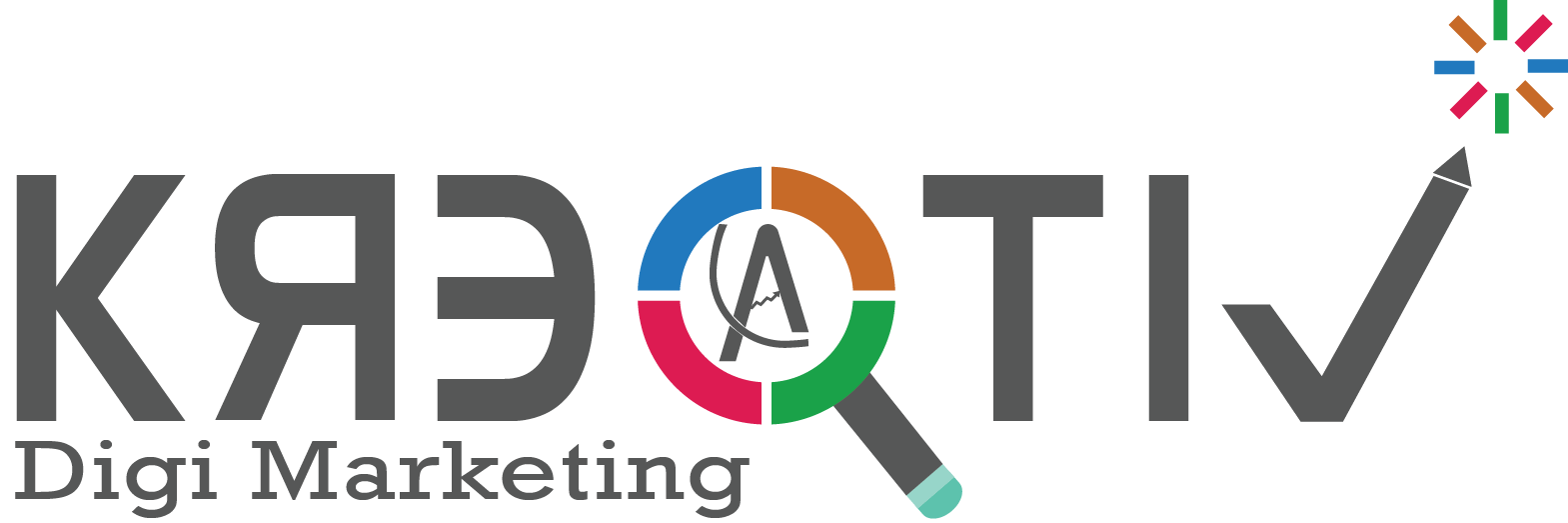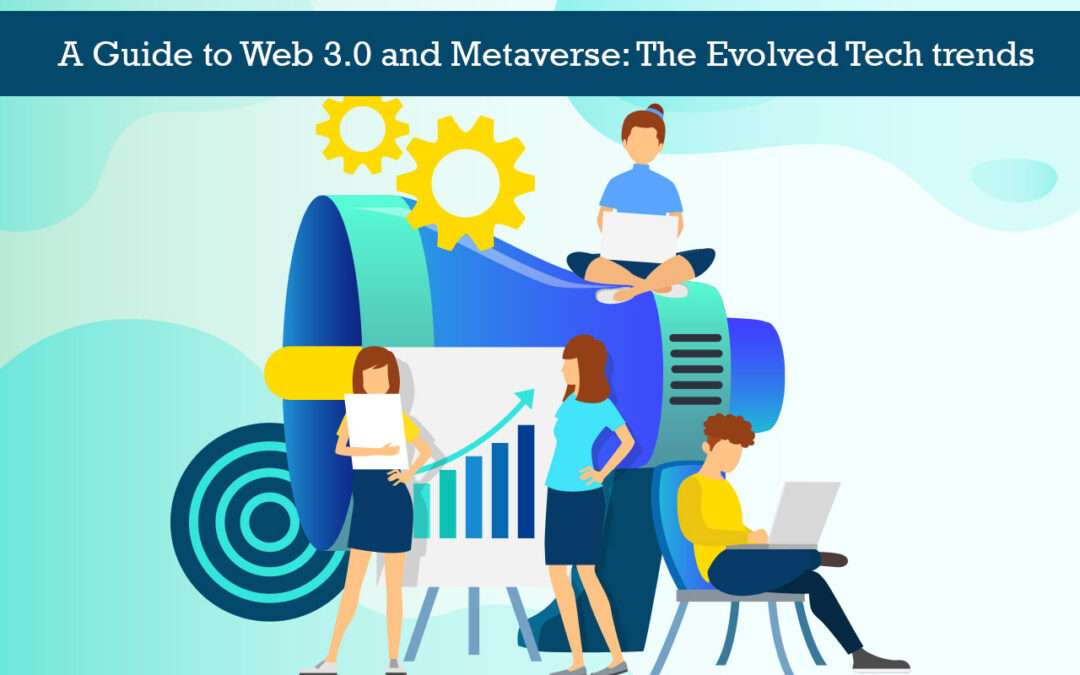Web 3.0 and Metaverse
We all are aware that the digital world moves at a breakneck speed. It is evident that what is trending today may become obsolete tomorrow. The world is evolving rapidly likewise the technology and the digital marketing trends. In this article, you will get to know about the two key trends that have blown the minds of everyone. They are none other than metaverse and Web 3.0.
However, there’s one thing the past few years have taught us, and it’s that the digital world knows no borders. It is also notable that consumer wants and expectations are shifting as technology continues to advance at a breakneck pace, and as the future of digital marketing after Covid-19 takes shape.
With practically endless information at their fingertips at the touch of a screen or the click of a button, today’s digitally native customers (mostly millennials and Generation Z) always look for a high level of customization from companies across industries.
Just when you think you’ve nailed your marketing plan, a new trend, algorithm, or breakthrough appears to pull the rug from under your feet. These two tech trends will also bring in a change in the digital marketing trends.
The metaverse and Web 3.0 are here, and they’re going to revolutionize the way we market online.
What is Web 3.0?
Web 3.0 is nothing but the next step in the internet’s evolution, and it’s a concept that will revolutionize the way we engage with technology.
This new version of the internet is an evolved technological trend and continuation of the internet’s interconnected, mobile-centric, app-based evolution, and it’s designed to give people more control over their digital lives.
As Web 3.0 progresses, things will become more decentralized, giving people the ability to establish their own web branches utilizing upcoming technologies like blockchain. Users will have more control over their personal data and, as a result, will be able to use it as an asset in this new, more immersive digital marketing field.
Web 3.0 refers to a decentralized paradigm. Within web 3.0 the content creators can “mint,” own, sell, and be compensated for their work via NFTs, all while utilizing blockchain technology components.
Simply explained, minting NFTs is the process of creating a one-of-a-kind digital asset that can be traded alongside a token that serves as proof of ownership.
The subsequent sale of NFT files, as well as the payment for them, takes place on a blockchain and in a decentralized manner. Web3 is powered by blockchain technology’s distributed ledger, wallets, smart contracts, and non-fungible tokens (NFTs).

What is Metaverse?
Now we’ll move on to the metaverse. The metaverse, a term that frequently appears in science fiction literature, has always been understood as a digital realm where people can immerse themselves in the web (which is largely comprised of Web 3.0 innovations and applications), experiencing gamification, apps, and content in an almost tangible, three-dimensional sense.
We should further learn these technologies and implement them in our digital marketing strategies.
The metaverse is a virtual reality and augmented reality-driven universe that was previously thought to be a far-flung futuristic concept but is now becoming a commonplace reality. According to this chart from VR Vision, there are seven layers to the metaverse:
The metaverse, on the other hand, will encounter its own set of difficulties. Lack of interoperability, similar to blockchain, and having separate operating systems with different AR/VR devices that aren’t interoperable would stymie adoption.
Conclusion
In addition, setting up the metaverse necessitates the purchase of pricey gadgets and a high level of technical knowledge.
There’s also the problem of data privacy and entrusting even more personal biometric data to Big Tech.
As we can see, both tech developments face numerous major hurdles, and seedlings for these developing technologies may emerge as early as 2022. Some may perish upon arrival, while others will stand out, and many will take years or decades to mature.
It is essential to learn efficient skills related to these technologies in order to practice successful digital marketing in the future.

